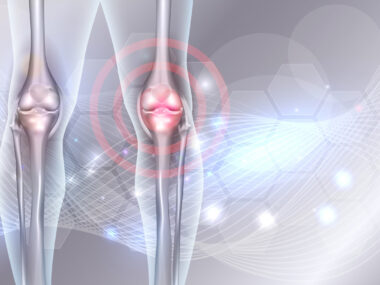Colon Hydrotherapy and EDS
Written by |

People with Ehlers-Danlos syndrome (EDS) can often experience gastrointestinal issues and bowel complications. Colon hydrotherapy is sometimes touted as a treatment for digestive system issues, but is it a recommended treatment for the intestinal problems of patients with EDS?
What is colon hydrotherapy?
Colon hydrotherapy, also known as colonic irrigation or colon cleansing, involves flushing out the bowels with large amounts of water. In the procedure, the patient lies on their side while the colon hydrotherapist inserts a tube into their rectum. Through the tube, water passes into the colon and then removed.
Clinicians typically use colon cleansing as a preparation for medical procedures such as a colonoscopy. Some practitioners advertise it as offering benefits such as relief from bloating and constipation, or detoxification for the treatment of allergies, skin conditions, and alcoholism. However, there is currently little scientific evidence supporting the health benefits of colon hydrotherapy.
How does EDS affect the bowels?
Gastrointestinal (GI) issues, such as diarrhea, constipation, and abdominal pain, are common symptoms for patients with EDS. GI problems have been reported in different types of EDS, including classical EDS, vascular EDS, classical-like EDS, and especially hypermobile EDS (hEDS).
Genetic mutations that affect the body’s collagen cause EDS. Collagen is a protein that makes up many connective tissues in the body. Research has suggested that the abnormal collagen in EDS may interfere with the digestive system’s ability to move food through it — a process known as peristalsis — and may make the nerves in the digestive tract more sensitive.
Studies have also shown a link between the autonomic nervous system, hEDS, and the GI tract, although researchers don’t yet fully understand the exact mechanism that leads to GI issues in EDS.
Medications to treat EDS may also contribute to GI symptoms, including painkillers that cause constipation, as well as anti-inflammatory medicines, such as nonsteroidal anti-inflammatory drugs, that can cause ulcers or bleeding.
Is colon hydrotherapy recommended for EDS patients?
Although colon hydrotherapy is marketed as a relief for many of the GI symptoms experienced by patients with EDS, the treatment is not recommended. There is no scientific evidence to support the benefits of colon hydrotherapy, but the procedure can have many possible side effects, especially in EDS patients.
Even in the general population, colon hydrotherapy can lead to dehydration, infection, and electrolyte imbalances. In EDS populations, the altered collagen levels in the colon can make it more fragile, and colon hydrotherapy could cause punctures or tears in the bowel or rectum. Enemas to relieve constipation can also cause perforations in the intestines.
EDS patients undergoing a medical procedure such as a colonoscopy should inform their doctor about their condition.
What are alternatives to colon hydrotherapy?
For EDS patients experiencing bowel complications, several options are available besides colon hydrotherapy. Exercise, probiotics, certain medications, and exclusion diets may help reduce GI symptoms in EDS. Patients should consult with their physicians to discuss other options available to them.
Last updated: Sept. 16, 2020
***
Ehlers-Danlos News is strictly a news and information website about the disease. It does not provide medical advice, diagnosis, or treatment. This content is not intended to be a substitute for professional medical advice, diagnosis, or treatment. Always seek the advice of your physician or other qualified health provider with any questions you may have regarding a medical condition. Never disregard professional medical advice or delay in seeking it because of something you have read on this website.





